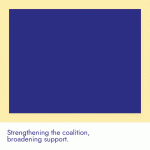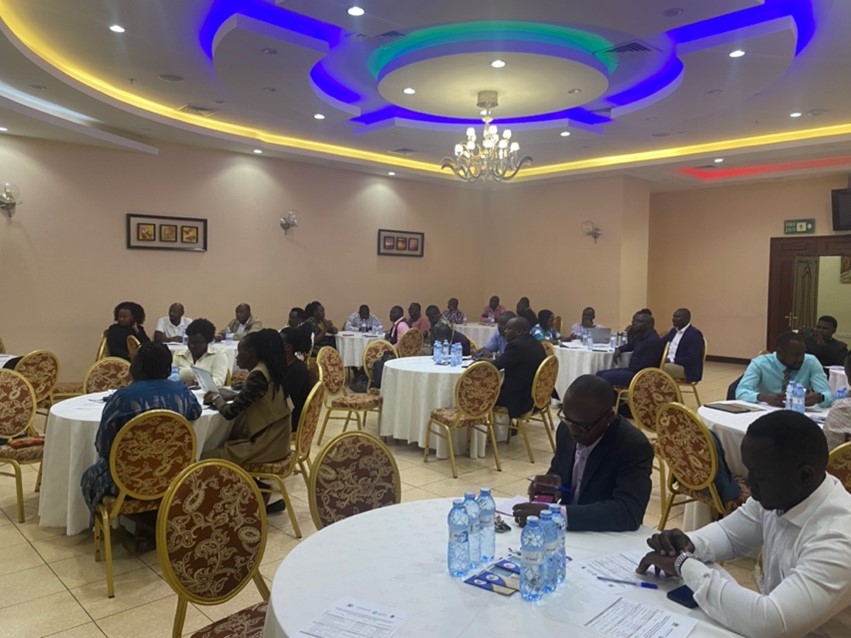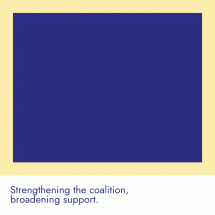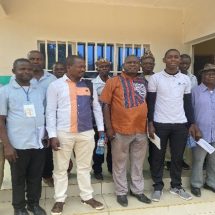30 July 2024 – Uganda has hosted the national validation workshop for the second draft guidelines for Tenure Responsive Land Use Planning (TRLUP) during Customary Land Tenure Registration. This pivotal workshop in Kampala sought to refine and validate the guidelines designed to integrate land tenure security processes into land use planning, thereby enhancing land tenure security, livelihoods, and development on customary lands.
Key outcomes and next steps
Practitioners and agencies directly involved in land use planning and land registration participated in the workshop, marking a significant milestone in the collaborative efforts led by the Ministry of Lands, Housing, and Urban Development (MLHUD), with support from UN-Habitat/GLTN. The diverse participants included district physical planners, land officers, surveyors and representatives from the local implementing partners and professional associations.
The Permanent Secretary, MLHUD, highlighted the importance of integrating physical planning into customary land tenure registration processes. The project consultant, Dr. Omolo Freddrick, presented the Second Draft Guidelines, providing an in-depth overview of the proposed framework for Tenure Responsive Land Use Planning.
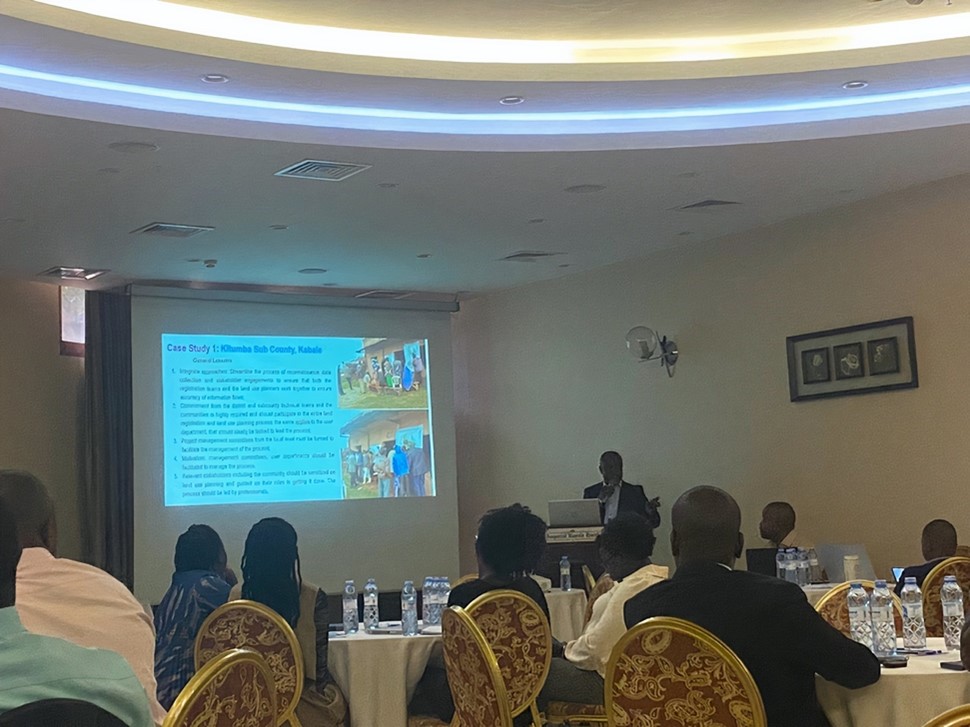
Participants engaged in in-depth discussions, provided valuable feedback, and proposed amendments to ensure that the guidelines are comprehensive and practical enough for implementation.
Following the successful validation of the guidelines, these are the next logical steps that will be pursued:
1. Submission to MLHUD: The ministry’s top management will review and approve the finalized guidelines. This crucial step will guarantee the official endorsement and integration of the guidelines into the ministry’s policies and procedures.
2. Adoption of the guidelines: MLHUD will formally adopt the guidelines as the official framework for integrating land tenure security processes into land use planning during customary land registration. This adoption will mark a significant milestone in strengthening land governance and tenure security in Uganda.
3. Dissemination and implementation: The approved guidelines will be widely disseminated to all relevant stakeholders, including government agencies, local governments, land institutions and the civil society. Training and capacity-building programmes will be conducted to ensure effective implementation of the guidelines at all levels.
The impact and significance of the guidelines
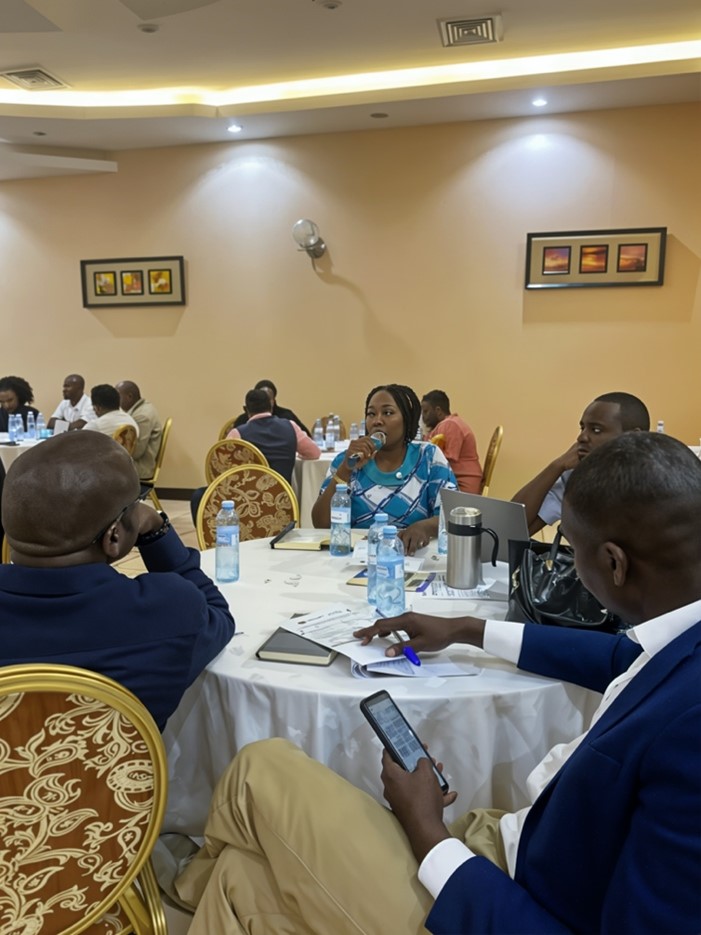
The adoption and implementation of these guidelines is expected to have a profound impact on land management and tenure security in Uganda. The guidelines will integrate land use planning with customary land registration by:
• Enhancing tenure security for customary landholders, providing them with greater legal recognition and protection of their land rights.
• Promoting sustainable land use practices that balance the needs of communities with environmental conservation.
• Facilitating orderly development and reduce land-related conflicts; and,
• Contributing to poverty reduction and improved livelihoods for rural communities.
The successful validation of these guidelines is a testament to the collaborative efforts of MLHUD, development partners and local stakeholders. As these guidelines move towards approval and adoption, they promise to significantly enhance land tenure security and promote sustainable development on customary lands in Uganda. The journey ahead is one of continued collaboration, capacity building, and rigorous implementation to ensure that the benefits of secure land tenure are realized for all communities across Uganda.

